Florida Governor Ron DeSantis often touts the state as a bastion of law and order, but recent events paint a more complicated picture. The tragic boat crash near Biscayne Bay in September 2022, which killed 17-year-old Luciana Fernandez and left another teenager, Katerina Puig, severely disabled, raises serious questions about the effectiveness and integrity of Florida’s law enforcement and judicial systems.

On that fateful evening, Doral real estate broker George Pino was at the helm of a 29-foot boat filled with 12 teenage girls. According to Pino, another boat caused him to crash into a channel marker at 47 mph. However, eyewitness Thomas Watson, an off-duty yacht captain, vehemently disputes this claim. Watson, traveling two boats behind Pino, reported no other vessels in the vicinity.
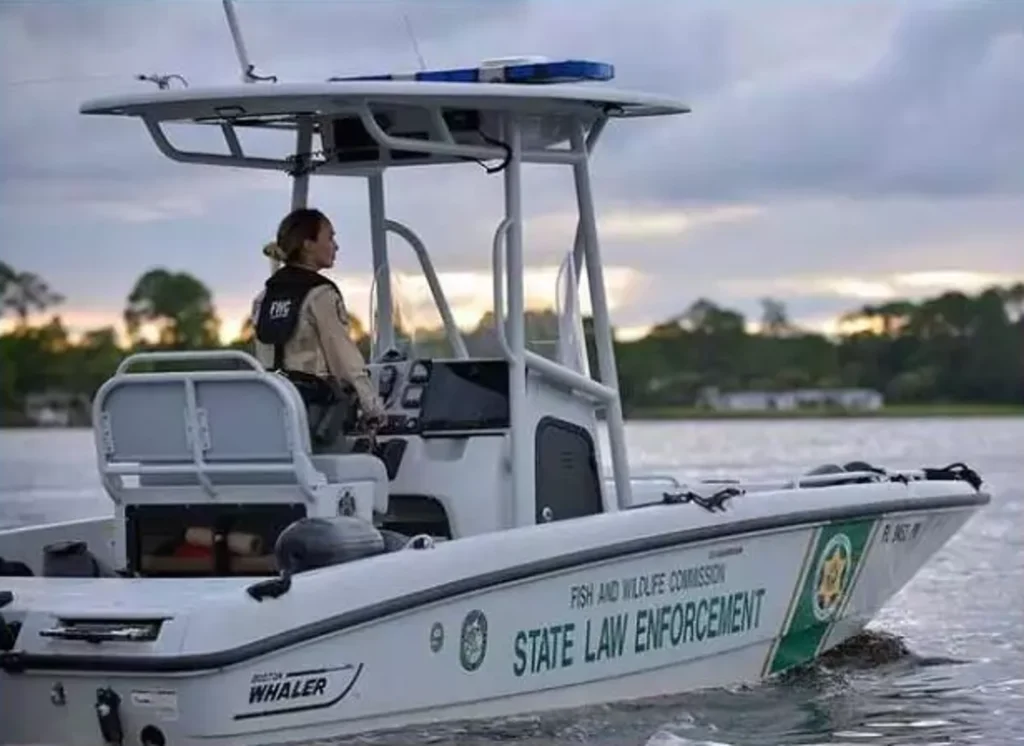
This critical testimony was not followed up on by the Florida Fish and Wildlife Conservation Commission (FWC) or the Miami-Dade State Attorney’s Office before filing misdemeanor charges against Pino.
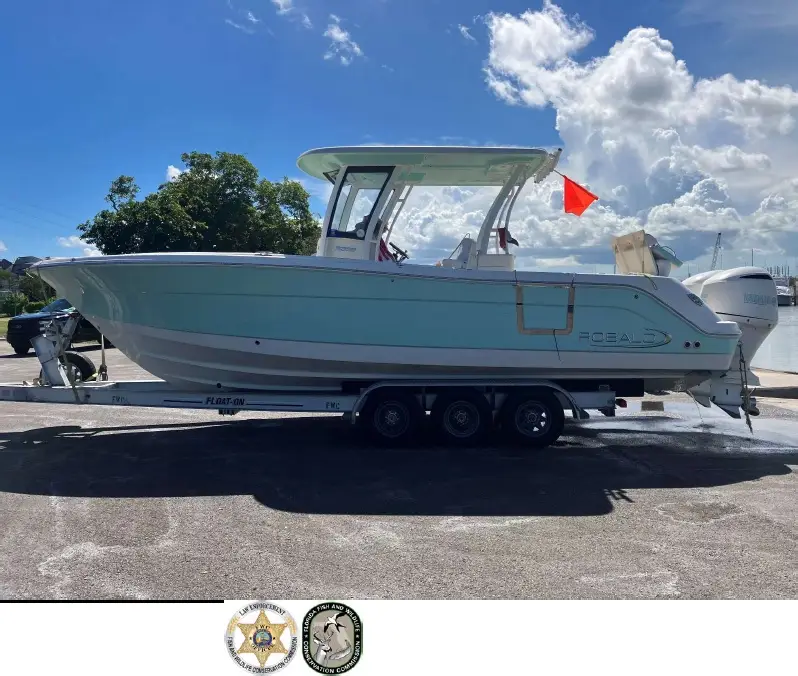
The investigation into the crash was riddled with inconsistencies and oversights. Despite discovering over 60 empty alcohol containers on Pino’s boat, the FWC quickly ruled out alcohol as a factor, based on Pino’s claim of having had “two beers.” Pino’s refusal to submit to a blood test was not pursued aggressively by the investigators, a decision that has drawn considerable criticism.

Prosecutors only contacted Watson nearly two years after the crash and ten months after filing misdemeanor charges against Pino. This delay came after Joel Denaro, an attorney for Lucy Fernandez’s family, pushed for a deeper investigation. Denaro highlighted Watson’s uncollected testimony and footage from a nearby camera that captured the crash, showing no other boat in the area. These omissions suggest a troubling laxity in pursuing justice.
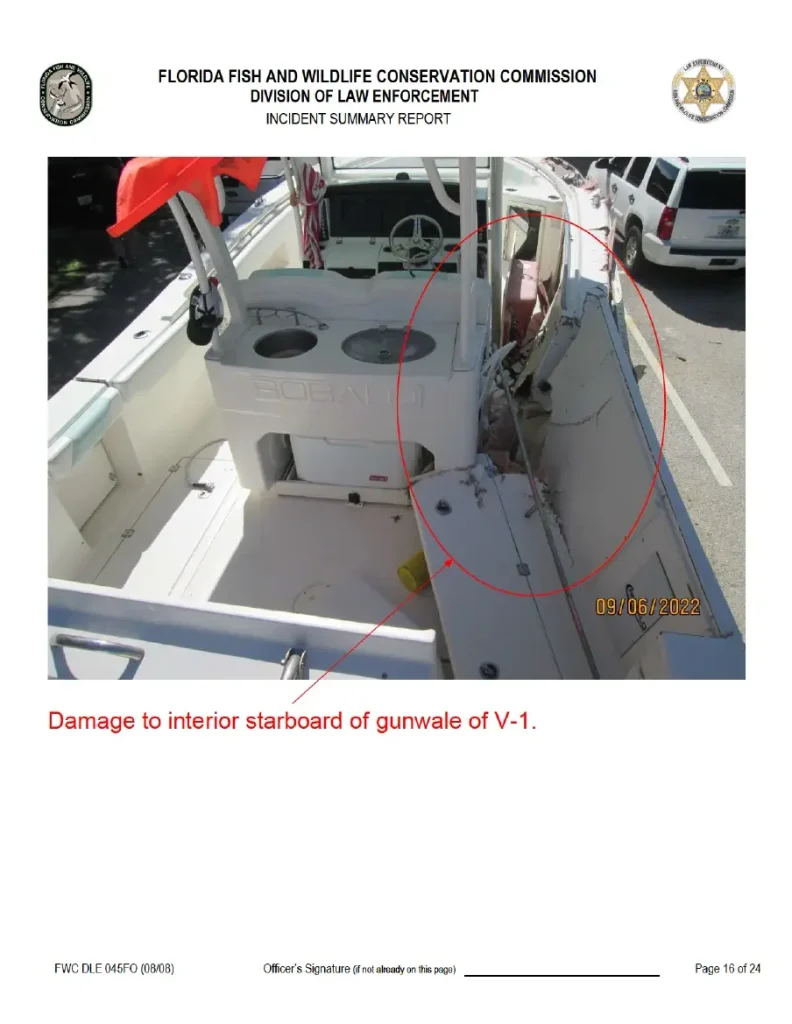
The Fernandez family has been vocal in their dissatisfaction with how the case was handled. They argue that the prosecutors were too lenient on Pino, and evidence suggests he misled investigators. Denaro has called for the state attorney’s office to reopen the investigation, citing obstruction of justice due to Pino’s false claims.
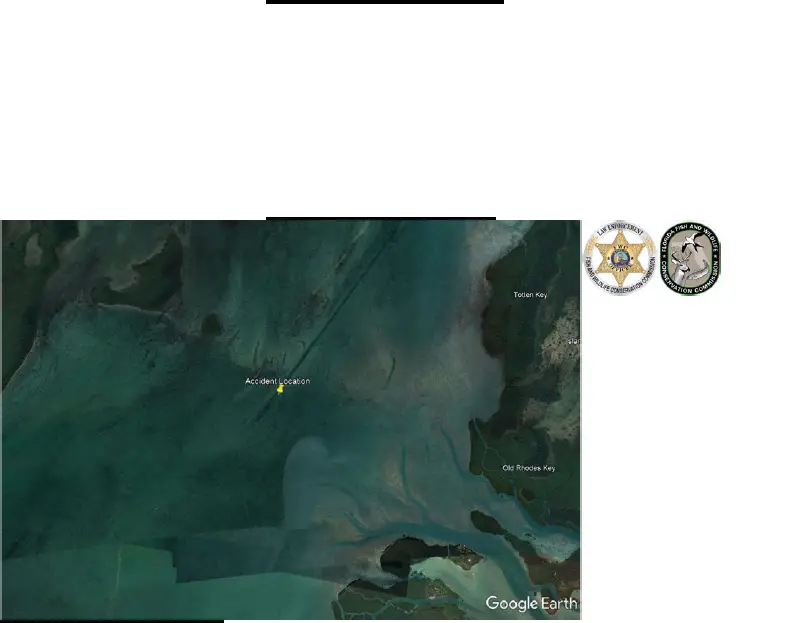
The civil cases resulting from the crash also reveal a disturbing pattern. George Pino reached a confidential settlement with the Puig family, while his wife, Cecilia, agreed to a public $16 million settlement. The secrecy surrounding George Pino’s settlement raises questions about transparency and accountability, further fueling the Fernandez family’s sense of injustice.
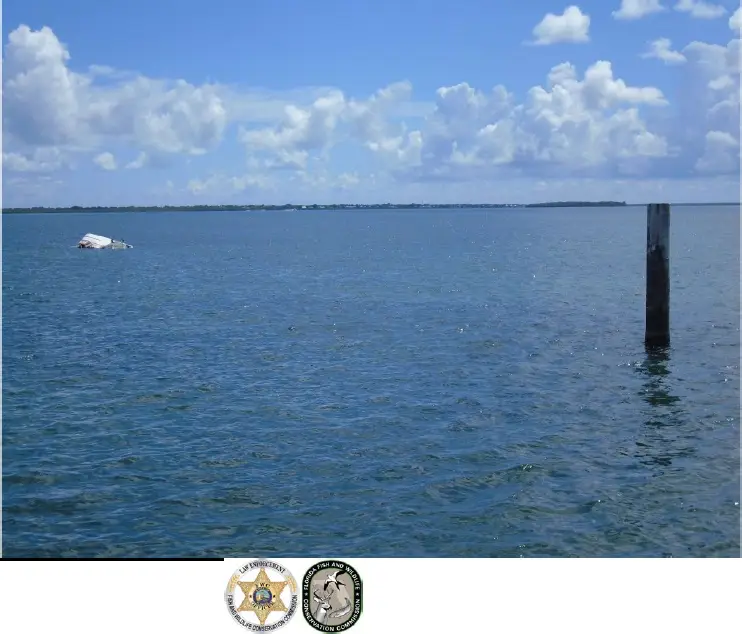
Moreover, the legal maneuverings in the aftermath of the crash expose flaws in the enforcement of boating laws and the consequences for those who flout them. Despite clear evidence contradicting Pino’s account, the initial misdemeanor charges and the lack of a thorough investigation suggest a system more inclined to protect influential individuals than to deliver justice for victims.
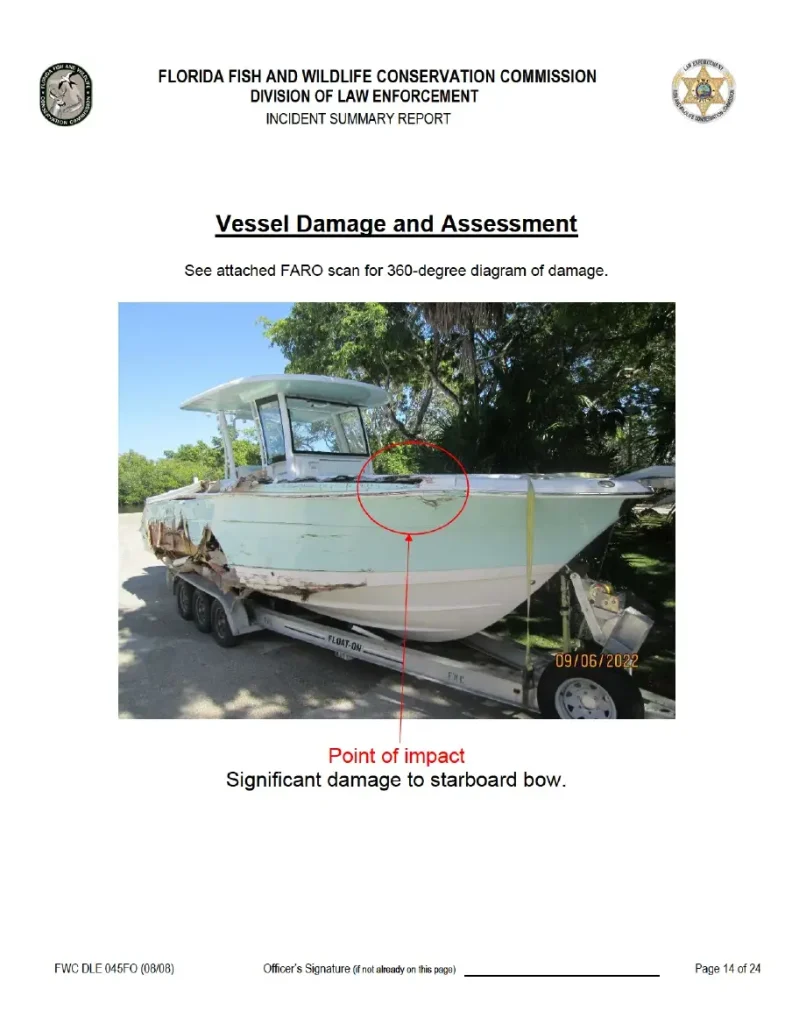
Governor DeSantis’ portrayal of Florida as a law and order state rings hollow when examined against this backdrop. The boat crash case reveals a significant gap between rhetoric and reality. The failure to rigorously investigate and prosecute those responsible for such a preventable tragedy undermines public trust in the state’s commitment to justice.
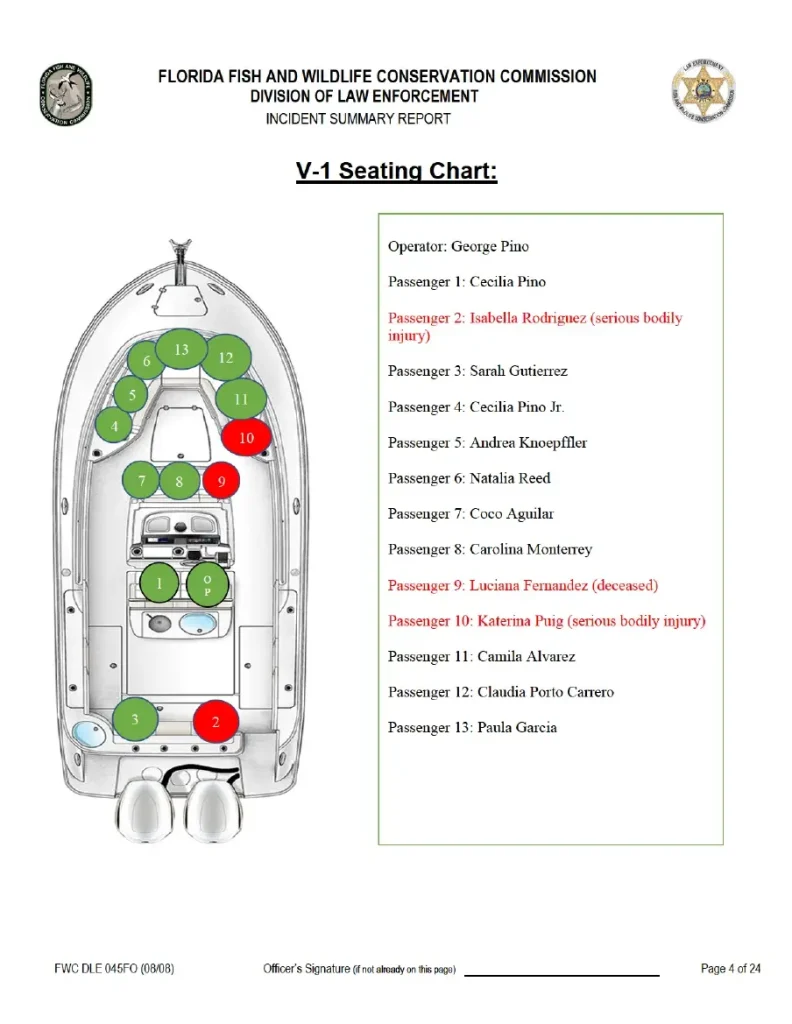
As the Fernandez family continues to seek closure and accountability, their struggle highlights the need for systemic reforms. Ensuring that all Floridians, regardless of their status or connections, are subject to the same rigorous legal standards is essential. Only then can Florida truly be considered a state of law and order.





